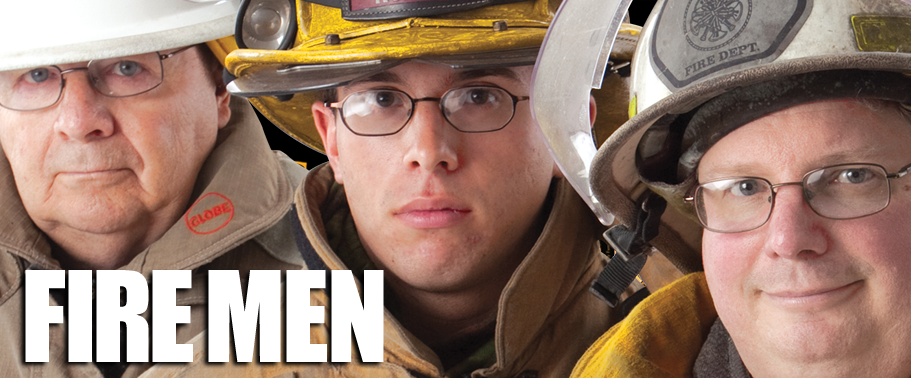It’s been an interminable winter, good only for one
thing, writing. Work on the sequel to Mayday: Firefighter Down! is coming
along, up to around 69,000 words so far.
Predicting when a project will be complete is an act of futility, but a “teaser”
may be in order. No plot or story hints
right now, but here is a scene I recently finished.
Mickey
was on kelly day Monday, the next day Dave’s shift worked. Firefighter Mark Perry, a five year man, was
detailed in to cover the shift. On
overtime from the fifth battalion, none of the truck crew had worked with him
before.
The morning routine proceeded
normally until Dave walked into the kitchen around 8:15 for a caffeine refill
and found the detail man sitting at the table reading the newspaper. Before he could say anything, Pizza walked
in.
“Have you finished your equipment
check out, kid?”
Dave knew Pizza wouldn’t have asked
if he didn’t already know the answer.
Perry answered without looking up
from the paper.
“I’ll get to it.”
Joe balled up his fists and started
for the detail man until Dave raised his hand.
“Perry, my office, now.”
“Come on, Captain; don’t tell me
you’re one of those rule book pukes. I
heard you were a straight shooter.”
Dave looked over at Pizza. He used every ounce of restraint in his body
not to grab the kid by the throat.
“Perry, either walk out the door and
go on sick leave or get your ass in my fucking office now.”
The young firefighter rose, and
faced Michaels.
“Sure Captain, let’s go have a
chat.”
In the office, Dave leaned against
his desk while Perry slouched in one of the extra chairs. The engine officer was out on a run.
“What’s your problem?” Dave asked.
“My problem? I’m here on an overtime shift, not to kill
myself. You want to give me that rule
book shit, no problem. I’ll be filing a
grievance by lunch time.”
“Kid, let me explain something to
you. On this company, firefighting isn’t
something we do, it’s who we are. You
just want to collect a check, go back to the fifth. I don’t want you here.”
“Gladly, I feel like I’ve got a
fever coming on anyway,” Perry said, rising from the chair. Michaels walked past him and opened the
office door, motioning him out. As he
hit the threshold, Dave said, “he’s all yours, Pizza.”
Outside the office, Pizza
waited. Perry walked out and Dave shut
the door behind him. Pizza grabbed Perry
by the throat with one hand and lifted him from the ground, pinning him against
the wall.
“You listen to me, fuck-wad. You’re not going to file a grievance; you’re
not going to file shit. I know everybody
in this department and I’ll make sure the rest of your short career will be a
living hell. You want to learn to be a
fireman, stay; we’ll teach you. You want
to leave, be my guest. I don’t give a shit
which. Now nod you understand.”
Perry’s face was red, verging on
purple from lack of oxygen. Pizza flexed
his wrist to make the young man’s head bob like a puppet. He dropped him to the floor, turned, and walked
away. Perry sank to his knees, gasping
for breath, bruises starting to form on his neck.
Within minutes, Perry gathered his
gear and exited the rear door, driving away without another word. Dave walked across the apparatus floor to the
battalion chief’s office.
“My detailed firefighter went home
sick,” he told the chief. The older man
looked up from his desk and Dave, lifting one eyebrow.
“Anything
I need to know, Dave?”
“You
may not want to take him in the battalion on any more details; seems prone
to…illness.”
“Got it, Dave; you okay running
understaffed until I can call somebody in?”
“Yeah, we’re fine. Give Mickey a call. I don’t think he had anything special planned
today; might make it easier.” Dave knew
Mickey might appreciate the overtime he’d get paid for coming in on his day
off.
“Okay Dave, I’ll let you know.”








